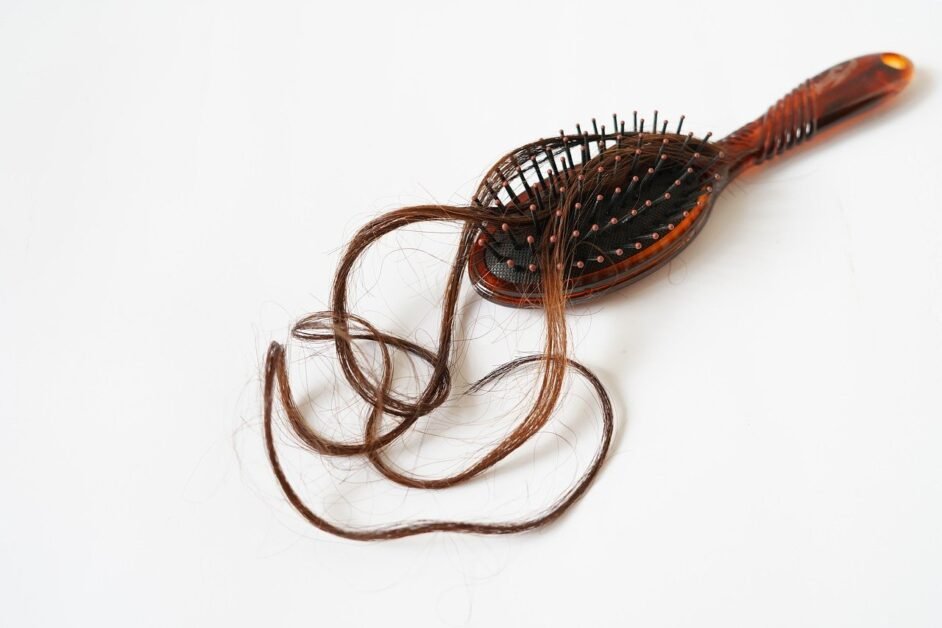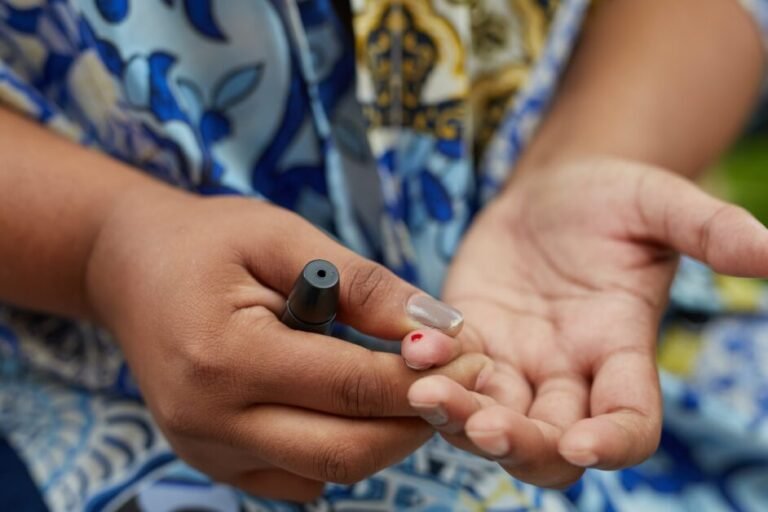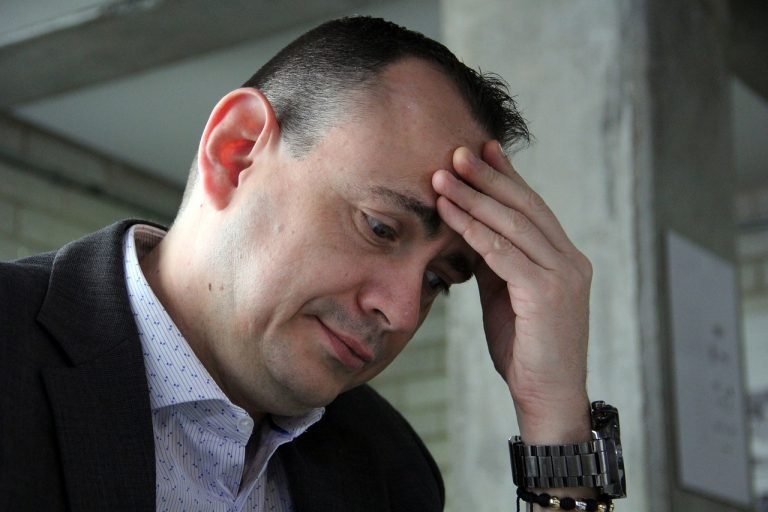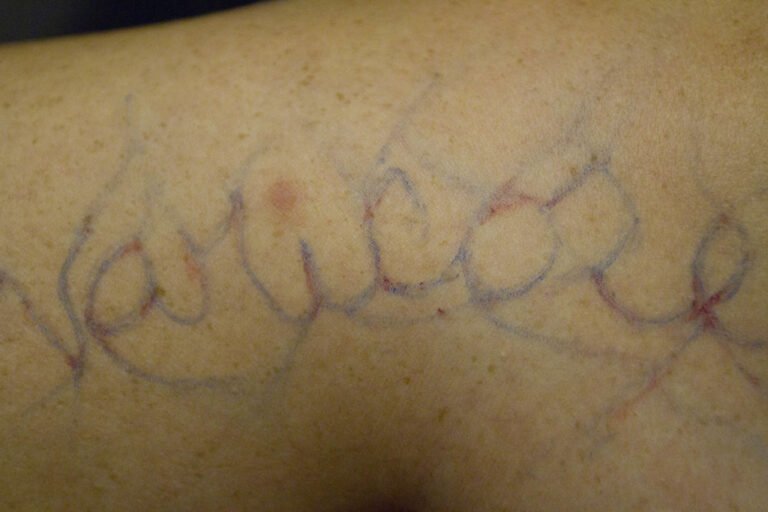Table of Contents
Diabetes Hair Loss – Why Is It Happening?
Diabetes hair loss is a serious concern for many people because they feel self-conscious and unattractive with a bald head. But what about hair growth for people with diabetes? How can you treat it, when does it begin, what are the causes, and how do you prevent hair loss in diabetes.
There are several things that can cause a person to start experiencing severe hair loss. One common cause is when there is a drop in a person’s blood sugar levels. When this happens the body can not produce enough insulin or properly use the insulin it does have. Since the body cannot use insulin properly, it will begin to do so slowly and leaves the person with chronic and extreme hair loss.
Another type of diabetes hair loss is when a person has both type 1 diabetes and hyperinsulinism. In this case there is an abundance of glucose in the bloodstream and the cells cannot use it properly. This leads to the body being unable to make use of the glucose it does have. It is because of this that it is so commonly found in people with both type 1 diabetes and hyperinsulinism. When the glucose in the bloodstream is unable to get to the cells properly it can lead to them being damaged and destroyed.
Allergies – another cause of diabetes hair loss:
Yet another common cause of diabetes hair loss is when a person has allergies or eczema that affects the scalp. When the skin comes into contact with certain medications that are used for treating allergies such as antihistamines, it can cause the scalp to produce more oil than usual. The extra oil then works to clog the follicles on the scalp that produce the proteins that protect the hair.
The last common type of diabetes hair loss that is linked to type 1 diabetes is alopecia areata. It occurs when there is an overabundance of hair follicles on the head. These follicles are often dead and it is possible for new ones to push through and take over the areas of hair that have already fallen out. When this happens it can leave the scalp covered in hair. This is commonly seen in men of all ages, though it can also be seen in women of all ages.
There are many other reasons that hair loss occurs.
All of these can be associated with high blood glucose levels. For example, if you suffer from high blood glucose levels and then suffer from hormonal imbalance it can lead to alopecia areata. If you then use some of the medications that are associated with treating alopecia areata such as Tagament, Arava, Scalp Med, Rogaine, and others it can also lead to the onset of diabetes hair loss as well. In this case it is essential that you visit your doctor and discuss the possibility of hormonal imbalance as being a cause of the hair loss.
In order to prevent the onset of diabetes hair loss, it is essential that you check with your doctor to determine the cause of the hair loss. Once you have determined the cause of it you can then treat it. Treatments can include hormone replacement therapy. Hormone replacement therapy involves taking hormone supplements toto bring your hormones into balance. This is one way that you can treat the problem of hormonal imbalance.
There are also natural treatments that you can use when it comes to preventing the onset of diabetes hair loss. Many natural products exist that contain vitamins, minerals, essential oils, and herbs that can be used to promote the healthy growth of your hair. It is important that you choose a product that is natural and does not contain any harsh chemicals. It is also important that you do your research before using them in order to make sure that they are safe for you and your hair.







